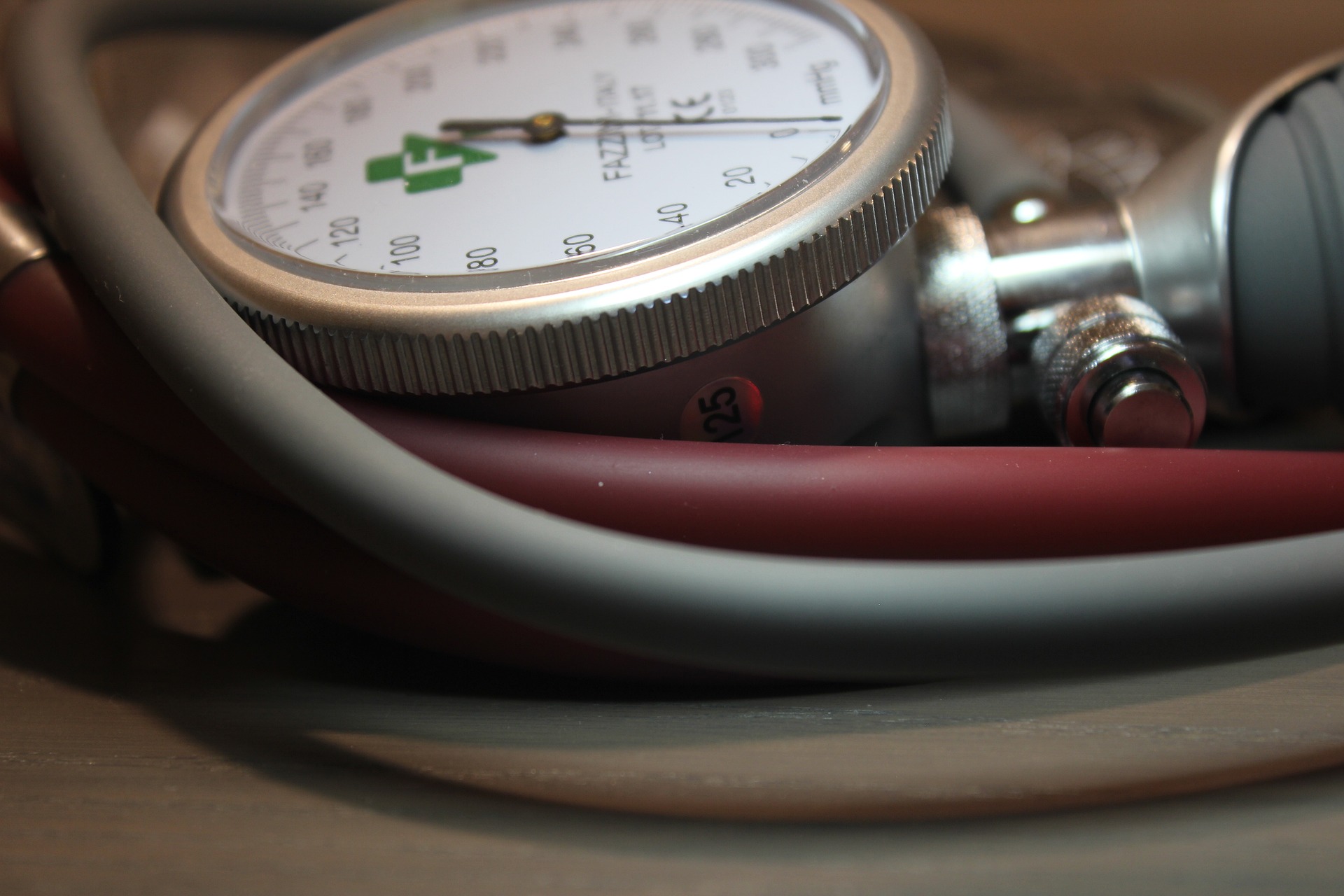Understanding Hypertension: The Silent Threat to Cardiovascular Health
Introduction:
Hypertension, commonly known as high blood pressure, is a prevalent medical condition that affects millions of people worldwide. Often referred to as the “silent killer,” hypertension is notorious for being asymptomatic, quietly damaging the cardiovascular system over time. In this article, we will delve into the definition, causes, risk factors, complications, and management of hypertension to raise awareness about this significant health concern.
Definition:
Hypertension is a condition characterized by elevated blood pressure levels, where the force of the blood against the walls of the arteries is consistently too high. Blood pressure is measured in millimeters of mercury (mmHg) and is recorded as two values – systolic pressure over diastolic pressure. The normal blood pressure is around 120/80 mmHg, and hypertension is typically diagnosed when readings consistently exceed 130/80 mmHg.
Causes and Risk Factors:
Primary Hypertension: The majority of hypertension cases fall into the category of primary or essential hypertension, where the exact cause is unknown. Genetic factors, age, and lifestyle choices, such as diet, physical activity, and stress, can contribute to the development of primary hypertension.
Secondary Hypertension: This type of hypertension is caused by an underlying health condition, such as kidney disease, hormonal disorders, or the use of certain medications. Identifying and treating the underlying cause is crucial in managing secondary hypertension.
Risk factors for developing hypertension include:
- Age: The risk of hypertension increases with age.
- Family history: Genetics plays a role in the development of hypertension.
- Unhealthy lifestyle: Lack of physical activity, a diet high in salt and low in potassium, excessive alcohol consumption, and smoking contribute to hypertension.
- Obesity: Being overweight or obese puts extra strain on the heart, leading to higher blood pressure.
- Chronic kidney disease: Impaired kidney function can contribute to high blood pressure.
Complications:
If left uncontrolled, hypertension can lead to severe health complications, including:
- Heart disease: Hypertension is a major risk factor for heart attacks and heart failure.
- Stroke: Elevated blood pressure can damage blood vessels in the brain, increasing the risk of stroke.
- Kidney damage: Hypertension can impair kidney function over time, leading to chronic kidney disease.
- Vision problems: Damage to the blood vessels in the eyes can result in vision impairment.
- Peripheral artery disease: Reduced blood flow to the limbs can cause pain and difficulty walking.
Management and Prevention:
- Lifestyle modifications: Adopting a healthy lifestyle can significantly lower blood pressure. This includes maintaining a balanced diet, engaging in regular physical activity, limiting alcohol intake, and quitting smoking.
- Medications: In some cases, medications may be prescribed to manage hypertension. These may include diuretics, beta-blockers, ACE inhibitors, and calcium channel blockers.
- Regular monitoring: Individuals at risk of hypertension or those diagnosed with the condition should monitor their blood pressure regularly. Home blood pressure monitors are readily available and can help in tracking progress.
- Regular check-ups: Routine medical check-ups are essential for early detection and management of hypertension. Regular visits to a healthcare provider allow for timely adjustments to treatment plans.
Conclusion:
Hypertension is a pervasive health issue with serious implications for cardiovascular health. Understanding the causes, risk factors, and complications associated with hypertension is crucial for prevention and effective management. By adopting a healthy lifestyle, monitoring blood pressure regularly, and seeking medical attention when needed, individuals can take proactive steps towards maintaining optimal cardiovascular health and preventing the potential consequences of hypertension.

